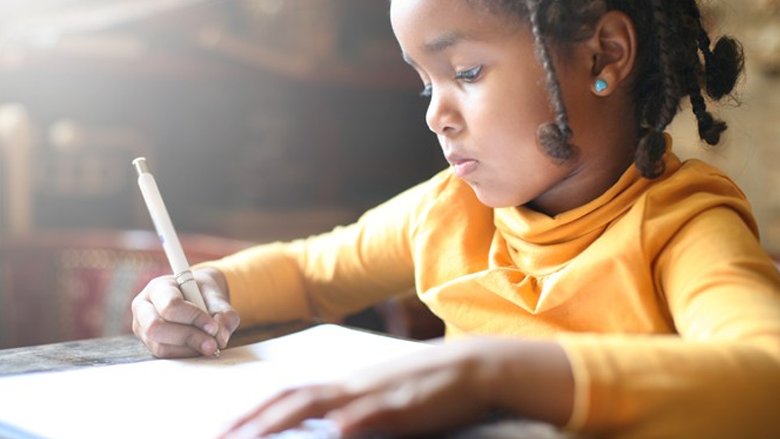
WINDHOEK, Jan 23 (NNN-XINHUA) — COVID-19 is blamed as one of the causes of the poor results of the 2022 senior secondary certificate ordinary level and senior secondary certificate advanced subsidiary in Namibia due to the loss of face-to-face teaching and learning time at the pandemic’s peak.
Out of more than 38,000 students who sat for the 2022 high school examinations, just about 5,000 passed.
President Hage Geingob summoned the Education, Arts and Culture Minister Anna Nghipondoka on Jan 13 to brief him about the poor performance.
The Namibia Senior Secondary Certificate Ordinary level is a two-year course taken by students after the junior secondary phase is completed, and the Namibia Senior Secondary Certificate Advanced Subsidiary is a one-year course a student takes after completing the senior secondary advanced certificate ordinary level.
A report from the State House dated Jan. 19 said COVID-19 was another significant challenge to the country in general and the education sector in particular. It noted that although Namibia did not close schools altogether, compared to other jurisdictions, the poor 2022 results are partly attributed to the significant loss of face-to-face teaching and learning time at the pandemic’s peak.
According to the report, out of 198 school days planned for face-to-face tuition, the number of days the learners attended school did not present adequate time to master all academic competencies required to enable them to progress successfully to the next grades.
Other notable challenges are the poor state of education infrastructure, the shortage of classrooms and teaching and learning resources, as well as the absence of systematic support at the school level for both teachers and learners. Also noted is the declining discipline among learners and teachers alike and weak monitoring and evaluation at all levels of basic education.
The presidency called for the construction of additional classrooms and the rehabilitation of dilapidated education infrastructure. It also called for targeted funding for the procurement of temporary structures to ensure every learner and teacher has a classroom for teaching and learning.
“Teachers must be offered adequate support through continuous professional development and other means,” the report further said. — NNN-XINHUA





